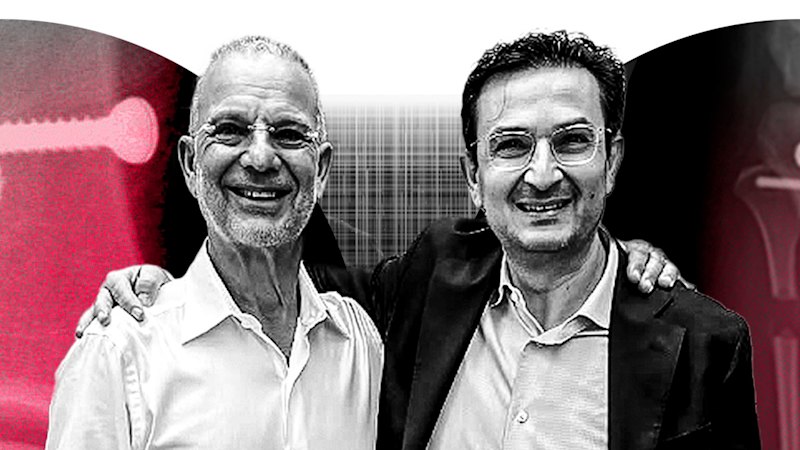
A Florida-based company known for conducting thousands of surgical procedures annually is planning to expand its operations into Australia. This initiative has raised significant concerns among local medical professionals, particularly regarding the implications for patient safety and healthcare standards.
The firm, often referred to as a “surgery mill,” is led by Dr. Michael Swango, a controversial figure in the medical field. His plans to establish a presence in Australia in 2024 have drawn alarm from the Australian Medical Association and other stakeholders who fear that the company’s practices may undermine local healthcare regulations.
Current estimates suggest that the Florida company performs over 30,000 surgeries each year across various countries. This aggressive business model, which prioritizes volume over individualized patient care, has sparked a backlash from practitioners who argue that it could lead to compromised patient outcomes.
The Australian Medical Association has voiced strong opposition to the expansion, emphasizing that any new medical entity must adhere to rigorous standards to protect patients. President Dr. Omar Khorshid stated, “We must ensure that any surgical service operating in Australia meets our high standards for patient safety and quality of care.”
Concerns about the company’s practices stem from its history of legal issues and complaints related to surgical outcomes. Critics have labeled the firm as a “surgery mill,” suggesting that it prioritizes profit over the well-being of patients. The potential for an influx of patients seeking procedures at a lower cost has raised questions about the adequacy of oversight in Australia’s healthcare system.
Patients are often attracted to such facilities due to the promise of lower prices. Some procedures may cost as little as $100,000 in Australia, which is significantly less than traditional surgical options. This financial incentive can lead individuals to overlook the potential risks associated with surgeries performed under less stringent conditions.
As the debate unfolds, the medical community continues to emphasize the importance of informed consent. Patients must be aware of the potential risks involved in choosing to undergo surgery at a facility with questionable practices. Advocates for patient safety are urging regulatory bodies to take proactive measures to prevent the establishment of such surgery mills in Australia.
The situation remains fluid as local authorities and healthcare regulators assess the implications of the proposed expansion. The Australian government has yet to comment officially on the matter, but scrutiny of the company’s practices is likely to intensify as they seek to enter the market.
In summary, the potential arrival of a Florida surgery mill in Australia has ignited a heated discussion regarding patient safety and the standards of care. As stakeholders from both sides prepare for what could be a contentious battle over healthcare regulations, the focus remains on ensuring that patients receive the highest quality of care possible.







